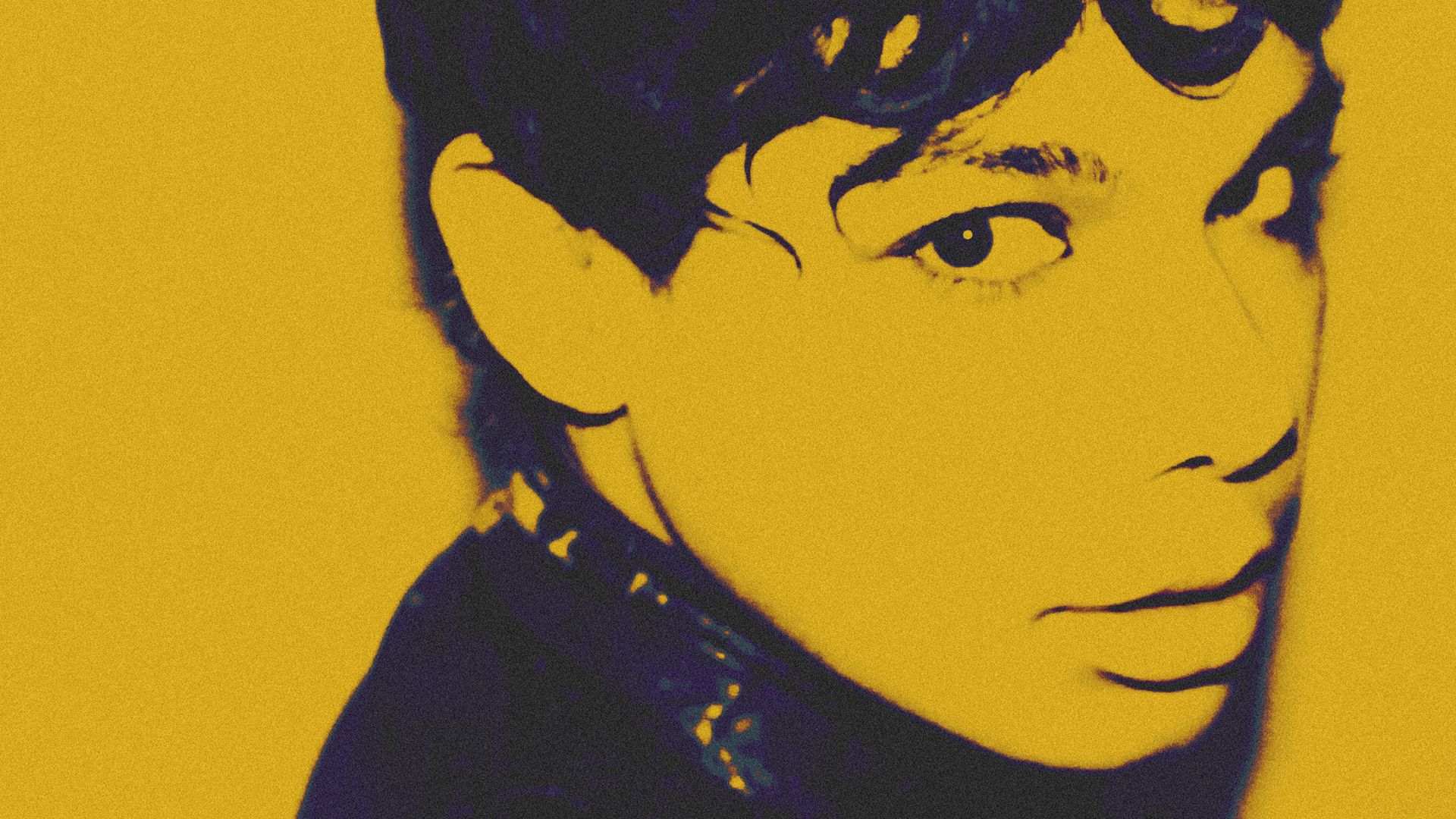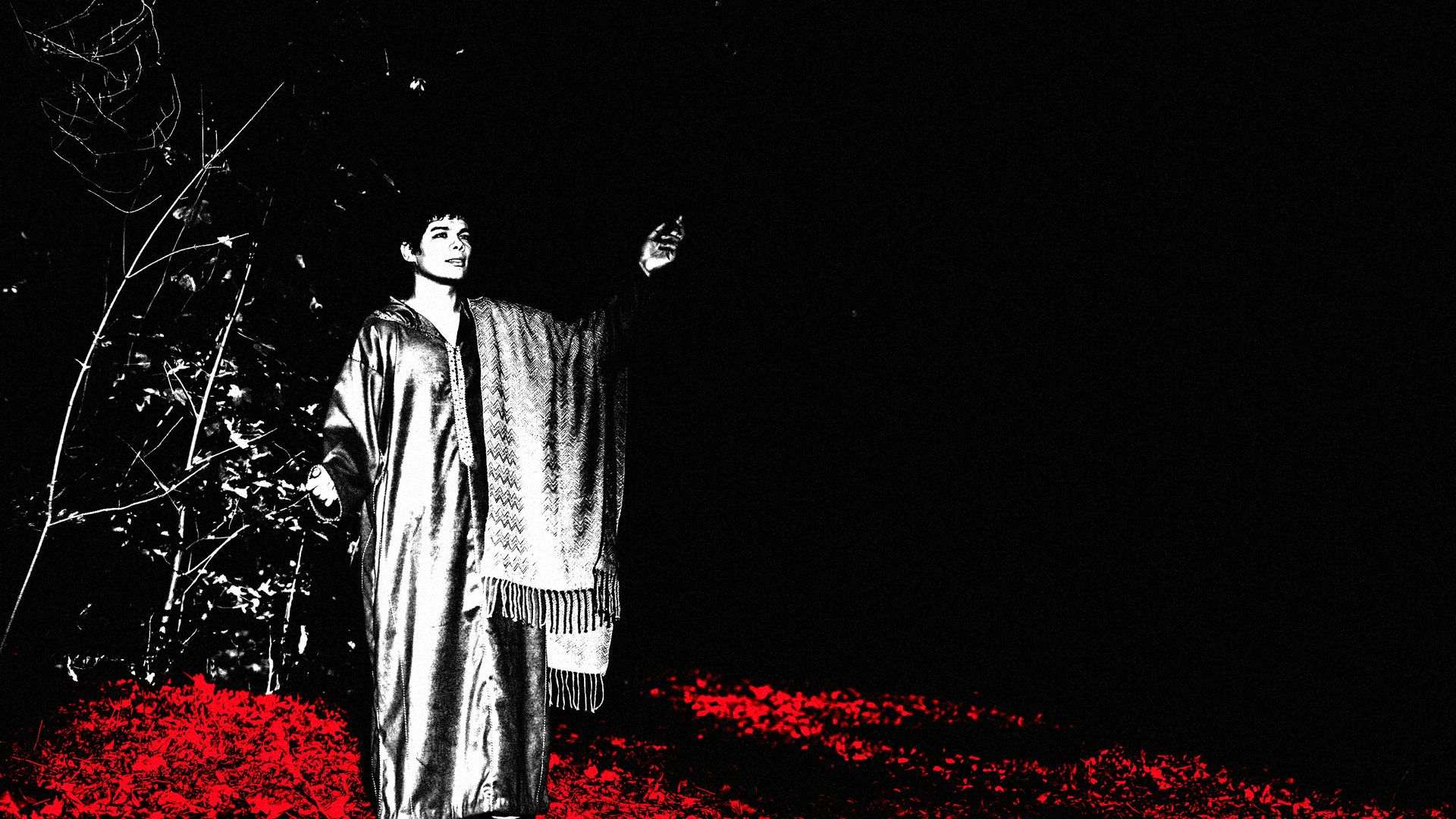About
about Me
Jousman Matos

Jousman grew up in a small town in coastal Peru, listening to musicians performing in the local agrarian and religious festivals and to his mother playing records of Maria Callas. In his upcoming debut album, he envisions a musical journey of cinematographic proportions, one which bridges the gap between amerindian folklore and the classical music worlds.
Bio
Biography
Jousman was born in a small rural village in coastal Peru. The child of music aficionados, he began singing and dancing at a young age. “I learned and performed traditional danzas from all over the country, at school we all did back then. Basically it was learning choreography all year long but at the end, we would meet and rehearse with the musicians, who all came from their different respective regions, and I would listen to them play and watch them dance in awe.”
Contact with the different ethnic communities of his country, says Jousman, attuned him to their folkloric sensitivity. “The town was a commercial passageway into the capital, so people from the Andes, from the Amazon, from the north and the south came through it. I always felt a great deal of tenderness in Folklore, not just the music, but even in the words they use. The folkloric worldview is pagan and animistic. The music and dances of their local agrarian and religious festivals aren’t tourist attractions, they express an authentic mystical vision of the world”. Orchestral scores also captured his imagination early on. “I would capture bits of soundtrack directly off the tv with a tape recorder and use them in home movies with my toys as decoys for the characters and fabrics, paintings, furniture as locations”.
“Thus spoke Iokanaan” delivers orchestral arrangements of epic scope, showcasing native american songs, such as the Appalachian Silver Dagger and the Andean Flor de Sancayo, along with classical European compositions, like Hidalgo’s Spanish baroque piece Trompicavals and a genderbending rendition of Saint Saens’ Dellilah, bridging the gap between the folk and classical music worlds.
About the album’s name, Jousman explains: “Iokanaan is the name given to the character of John the Baptist is Oscar Wilde’s play Salome. There are many poems, myths and legends that deal with the stories of those who seek illumination or elevation. What they go through varies according to the retelling, but the basic plot is always introducing to or formalizing the acquaintance of the seeker with their mythical pantheon. Of course the characters tend to have an archetypal nature, often possessing or expressing themselves in a grand or dramatic fashion.” It’s this dramatic quality that Jousman first identified in the theatricality of the folkloric expressions of his homeland and in the grandeur of Opera and Hollywood scores.
The parallel between the vision quest of the holy man and the journey of the common man’s life came to him while working a nine to five job as a telemarketer. “Whether into the belly’s whale, into the desert, into the woods, or into the office, in the end it’s a search for meaning, for understanding of their place in the universe. John’s story retained my attention because his journey ends up badly, in spite of all his good acts and intentions, something which, sadly, is terribly relatable.”
Hire Me


